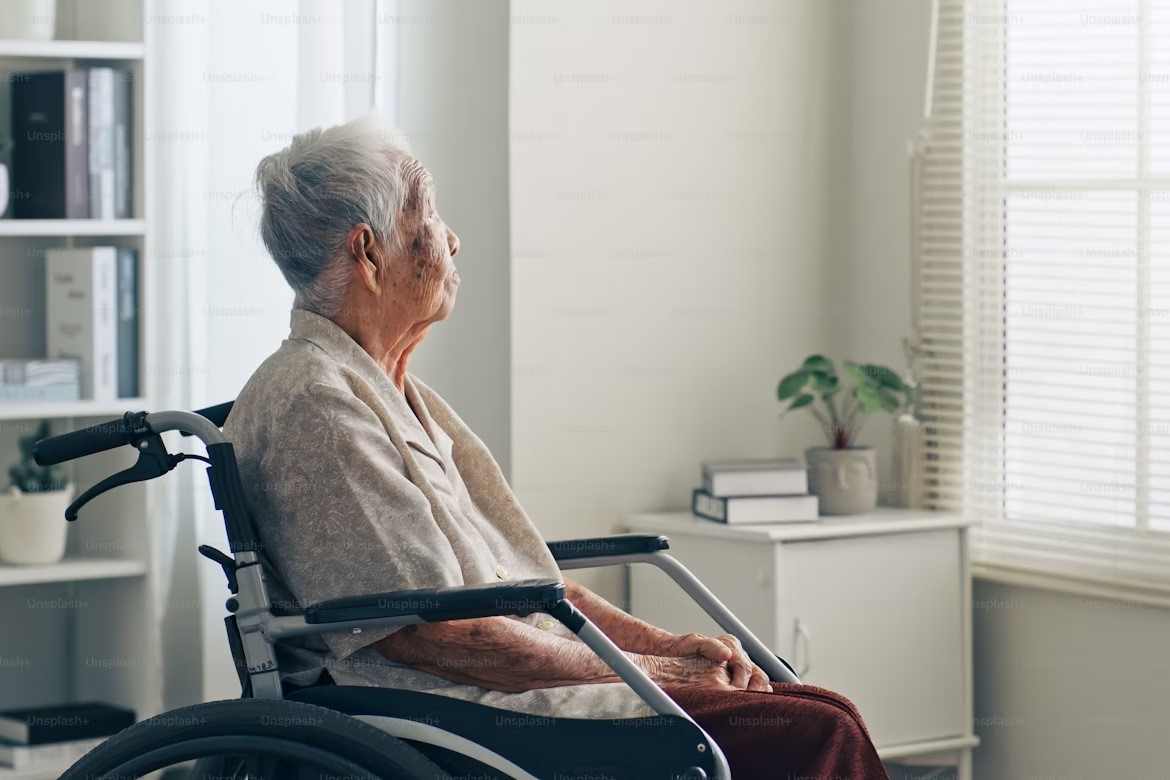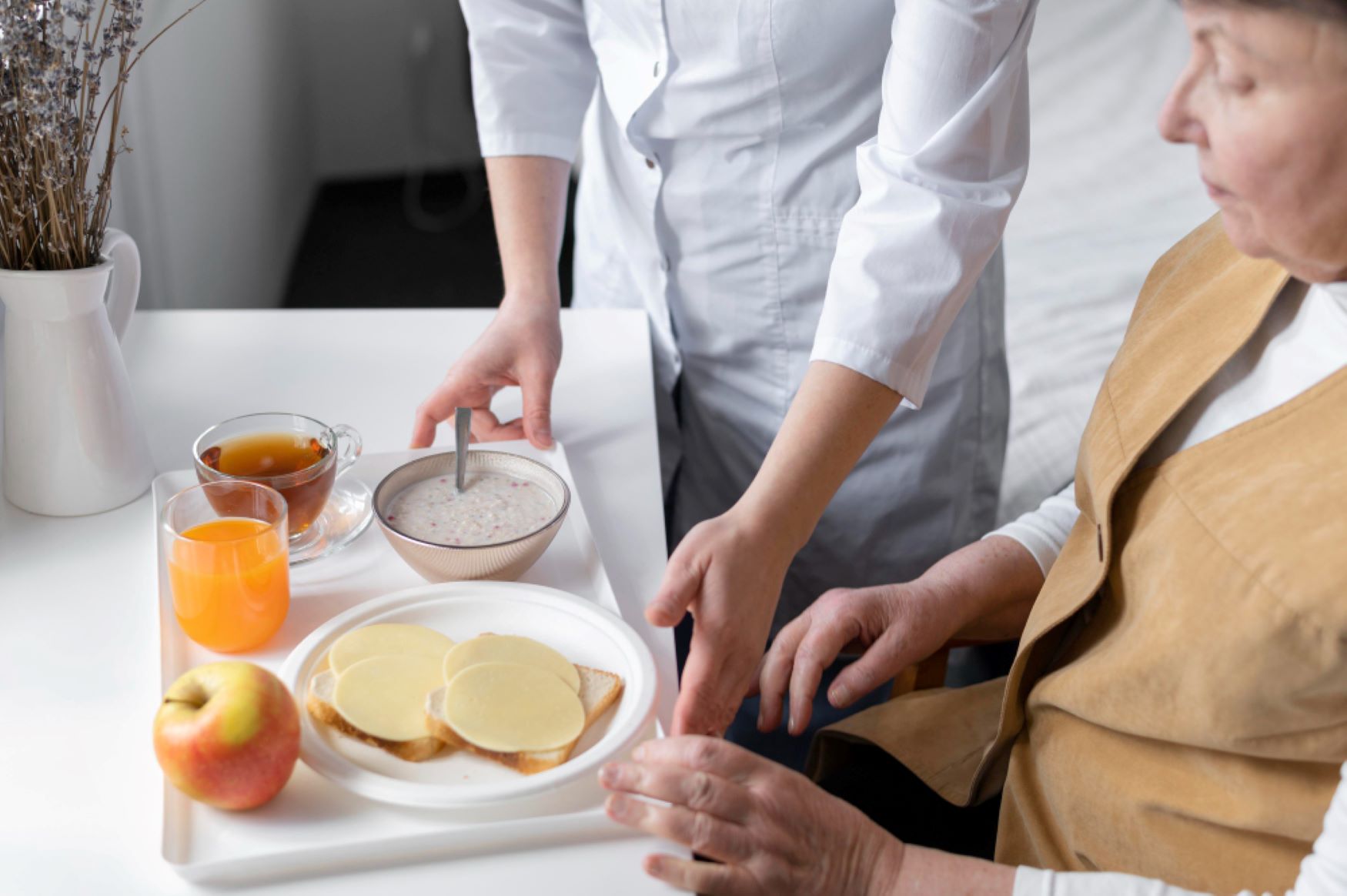TheLitPerspective is your one-stop shop for everything that ignites the spark of curiosity within you.

Shouldering the World: Physical Discomfort in Caregiving

Photo by Stacey Koenitz
Despite the act of caregiving as fulfilling and full of love and compassion, it cannot be denied that it is also a very exhausting occupation. Often, we focus on the psychological and mental aspects that caregiving extols on the individual, but there are physical detriments, too. Quiet and often invisible but mostly overlooked and forgotten.
While emotional stress is no slouch—repressed anxieties will eat at you slowly inside—physical discomfort is also quite burdensome. The constant strain of lifting, bending, carrying, and other bodily movements necessary for caring for someone can lead to plenty of physical discomfort.
Physical Discomfort in Caregiving
Caregiving involves a lot of physically demanding tasks, such as lifting and transferring people, assisting them in and out of bed, chairs, vehicles, and whatnot. A day of doing these physical movements can be significantly strenuous and taxing on the body, particularly on the individual’s back, shoulders, and arms. Bending and kneeling can also lead to this; helping out with personal hygiene, dressing people, and the frequent moving about and making good use of your elbows and knees can chafe the hips and the lower back. Assisting with the daily activities of living involves stretching and reaching your limbs. This can definitely strain the muscles and the joints, even if you’re just feeding or grooming patients. Again, the key here is constancy.
Just any of these frequently done again and again, day by day, can lead to physical strain—now imagine that again with everything done again and again, day by day.

Photo by Nataliya Vaitkevich
Shouldering the World: The Impact
You may be thinking what the extent of the physical strains one can accrue while being a caregiver. You might even be thinking right now that it’s just a bruised back or strained muscles. Minor things. Issues you can deal with just by gritting your teeth and forgetting it even exists…
You are completely wrong. Caregiving wracks the body. It takes it through the wringer and, after it’s over, throws it back in again.
A common “reward” of caregiving is the chronic pain. Persistent pain in the back can happen frequently, as does pain in the shoulders, the knees, and other areas of the body. For veteran caregivers, it wouldn’t be surprising to have reduced mobility, disturbances in sleep, and a decreased quality of life.
Repetitive tasks that work you to the bone stretch your muscles taut, and you’ll be liable to acquiring tendinitis or bursitis or any other strained muscle pains one may have. This is because, obviously, caregiving is so physically demanding. This constant physical exertion, saddled with emotional stress, leads to damaging exhaustion and chronic fatigue. When this happens, the chances of suffering an illness beyond those two become much, much higher. You’ll regularly be susceptible to getting colds, flu, and infections, and that’s not even speaking of the things you might contract from your patients.
Increased emotional distress also comes about from this. When you feel like you’re limited physically, you’re frustrated, you’re anxious, and you’re depressed.

Photo by cottonbro studio
Shouldering the World: Strategies
Of course, just mentioning the impact of physical discomfort needs to include some strategies that you and other caregivers can make use of to manage their physical distress and also improve your overall well-being.
- Practice ergonomic techniques that use the proper mechanics of the body, like lifting with your legs instead of your back, avoiding twisting your joints and making sure to reduce strain on your muscles and joints.
- An obvious piece of advice is engaging in regular physical activity, from a short walk to a gentle stretch to a proper regimen. Exercise helps strengthen muscles and improve flexibility to stave off the more severe effects of physical discomfort.
- Taking breaks and focusing yourself is critical. This is both to better temper your body and to prevent you from burning out.
Where to Go from Here
Recognizing that caregiving can be physically and emotionally demanding is important. By doing this, you can commit to self-care and seek support when it is needed. Remember that you are not alone in this journey. There are other people out there, and there are resources available to support you.
If you are a hospice care provider or an at-home caregiver, One Caregiver’s Journey from Eleanor Gaccetta is a really helpful read. It’s intimate, funny, heartbreaking, and inspiring—and you can order a copy through this link.

Alex is a writer with two modes: simple and wild. He’s equally at home going either way. He always has something to say and something to offer, even if it’s only after a few minutes of furious googling. He loves reading and writing random stuff in his spare time.



